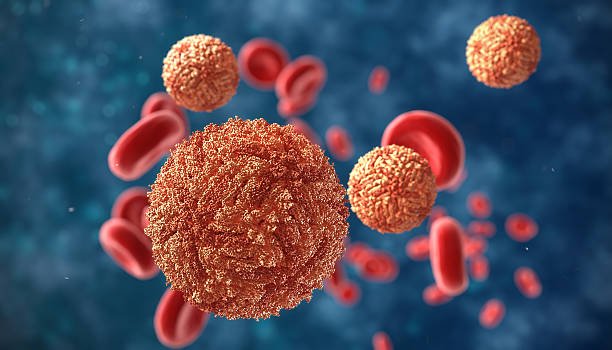
The Zika Virus is caused by Aedes mosquitoes. It is a mosquito-borne virus that can lead to various symptoms and complications. The virus is transmitted through the bite of an infected Aedes aegypti mosquito. This type of mosquito is commonly found in tropical or subtropical regions and tends to bite during the daytime or in the evening and afternoon.
Additionally, Zika Virus can be transmitted through sexual contact with an infected person, from a pregnant woman to her fetus during pregnancy, through blood transfusion or blood product transfusion, and via organ transplantation.
Infected individuals with the Zika Virus usually experience mild or no symptoms. However, if symptoms do appear, they typically manifest within a few days to a week after infection and may include Fever, Rashes, Joint pain, pink eyes, Headache, and muscle pain.
The most serious complication of Zika is related to pregnancy. Zika infection during pregnancy can result in birth defects in the baby such as Microcephaly (small head), which can lead to severe developmental issues, brain abnormalities, Vision problems, and hearing problems. Microcephaly is a lifelong condition that can cause intellectual disability, seizures, and other problems.
Zika virus infection has also been associated with Guillain-Barré syndrome (GBS), a severe autoimmune condition that targets the nerves. This is a rare adverse outcome that can lead to muscle weakness, paralysis, and even death. Diagnosis can be made through blood tests that identify viruses or antibodies against the virus, but there is currently no vaccine to prevent Zika virus infection. The most effective approach to preventing Zika is to avoid mosquito bites.
Remember to apply insect repellent that contains DEET (N, N-diethyl-meta-toluamide) or other repellents approved by the EPA. When outdoors, especially during peak mosquito biting times, make sure to wear long sleeves and pants. Use mosquito nets when sleeping. Get rid of standing water around your home to eliminate mosquito breeding grounds.
Regrettably, Zika Virus does not have any specific treatment. The main goal of treatment is to alleviate symptoms such as fever and pain, using medications like acetaminophen. Expectant mothers who contract Zika should receive close monitoring from a doctor to keep track of their fetus’ health.